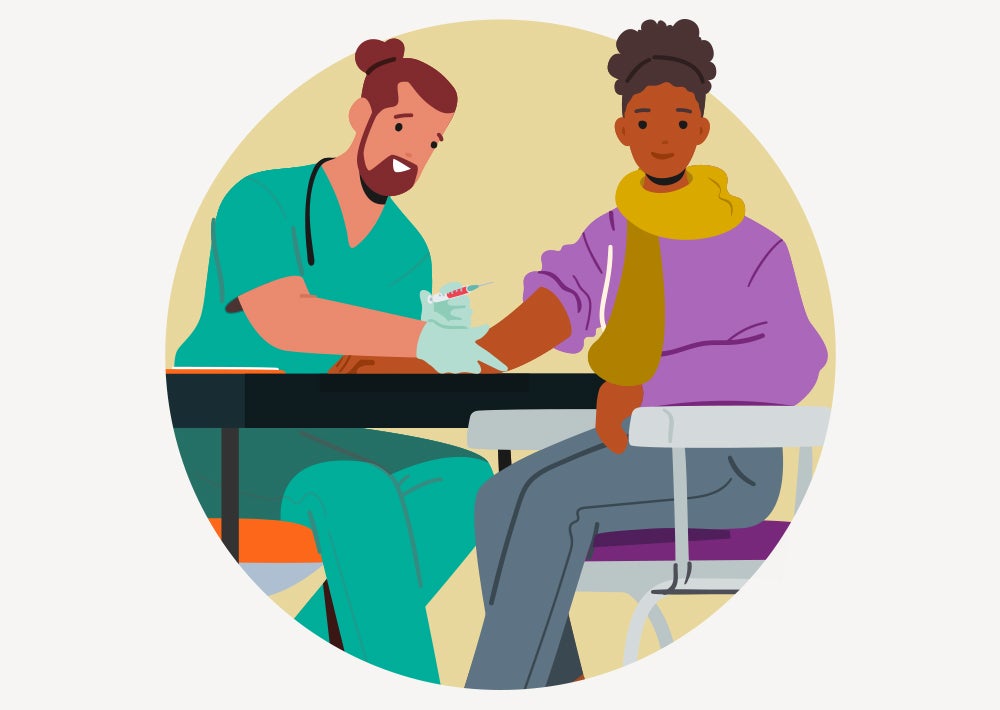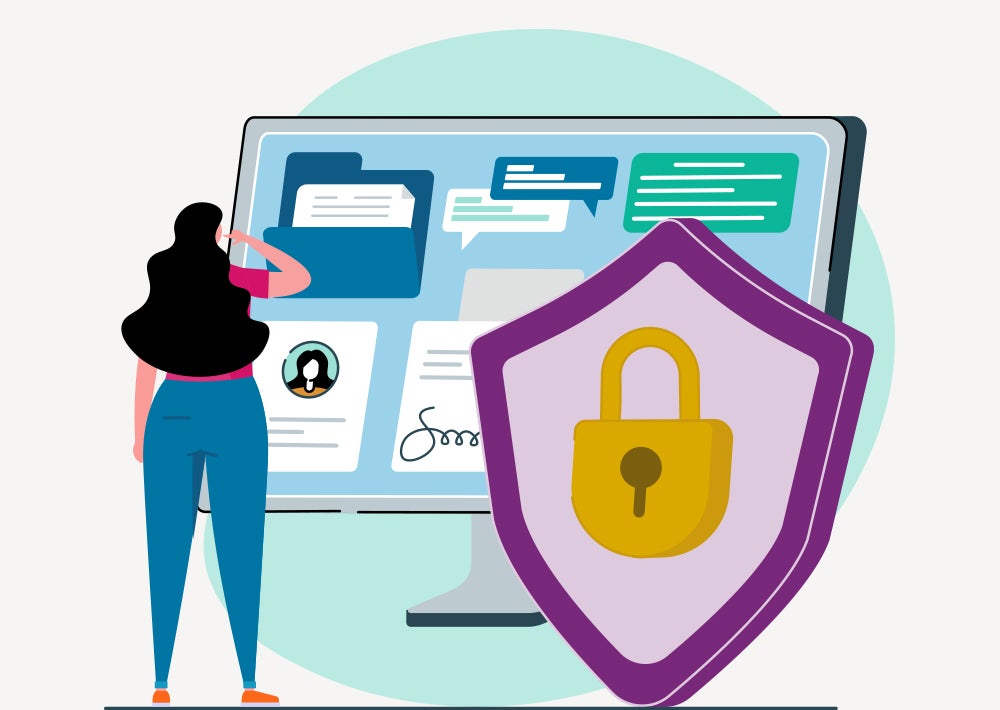
Offering patients the option to view personalized health content throughout their care journey can help drive positive outcomes, and Phreesia research shows that patients also welcome receiving that information at the point of care and other critical moments.
Providing high-quality, relevant health information to patients at high-intent points along their care journey can have a big impact on driving positive outcomes. And the great news is, Phreesia research shows that patients also welcome receiving that information at the point of care and other critical decision-making moments.
If given the option, patients indicate that they would like resources and content that are tailored to address their needs, according to more than 9,200 patients who consented to participate in a Phreesia survey after completing check-in for their doctors’ appointments. Indeed, more than 4 in 5 patients said they value receiving new and relevant information about medications or therapies related to them or their health condition(s).
“This data shows there is a significant window of opportunity within the point-of-care moment where patients are eager for information to inform their healthcare decisions,” says Alexandra Beneville, Vice President of Content Strategy at Phreesia. “By delivering relevant content when they’re wanting it most, we can significantly impact their engagement and outcomes.”
In some cases, the health implications of receiving personalized resources at critical moments in a patient’s care journey can even be lifesaving. That was the case for Chemikia White, a Phreesia patient.
“Phreesia saved my life. After viewing health content on its platform during check-in, I decided to ask my doctor about a potential treatment for some issues I was experiencing,” White says. “My doctor ran some tests that showed I had a severe medical condition, and I ended up having an operation that pretty much saved my life. The content Phreesia presented helped me ask the right questions to get the care I needed.”
Offering patients like White the option to access tailored resources and messaging can provide much-needed support in key decision-making moments, such as before seeing their doctor or filling a prescription. In fact, more than 9 in 10 surveyed patients found value in information about the right questions to ask their provider (92%) and general support on how to become more active in their care (91%). Respondents also considered information on specific health problems they might be at risk for, and how to lower that risk (90%), as valuable.
In today’s content-heavy world, where patients receive healthcare information from a range of digital, offline and mass-media channels, it can be difficult to sort through the clutter and evaluate which content is useful. The option to view messaging through trusted and relevant engagement at the point of care and at other high-intent moments along the healthcare journey is incredibly effective in activating patients. For example, a Phreesia survey completed by over 3,500 patients who consented to participate after completing check-in for their doctors’ appointments found that nearly one-quarter (23%) of patients who viewed content about medications at the point of care asked their doctor about those medications within the past six months—more than double compared with patients who saw similar content on TV (11%).
“Point-of-care messaging motivates patients to play a more active role in their care because it reaches them at a time and place where they are most receptive and can act quickly,” Beneville explains.
The latest digital patient-engagement research from Phreesia’s network supports existing knowledge of the important health implications that can result when patients are provided with high-quality, relevant information when they’re in a healthcare mindset. Across Phreesia’s network, 2 in 3 patients surveyed immediately after seeing condition-specific messaging just before their appointments said they were likely to discuss the condition with their healthcare provider (HCP). Engaging patients with trustworthy, one-to-one messaging with their consent has led to better health outcomes like increased diagnosis rates, more chronic disease treatment, preventive screenings and vaccinations, and improvements in health symptoms and quality of life. The results are clear:
- Patients 50 to 80 years old with a history of smoking were 234% more likely to get screened for lung cancer after viewing a campaign on Phreesia’s platform when compared to those who hadn’t seen the message.
- 78% of women who saw a message on Phreesia’s platform about breast cancer risks said they were likely or very likely to talk to their doctors about breast cancer screening.
- 52% of patients who engaged with a Phreesia public service announcement about Alzheimer’s disease said they were likely to talk to their doctor about it.
Offering patients the option to view health information that is personally relevant to them, especially before an interaction with their HCP, ultimately helps with educating, empowering and activating them to participate more fully in their care—leading to more meaningful conversations and better outcomes.
Learn how Phreesia can help you reach patients with relevant, high-quality health information to activate them at critical moments throughout their healthcare journey.


